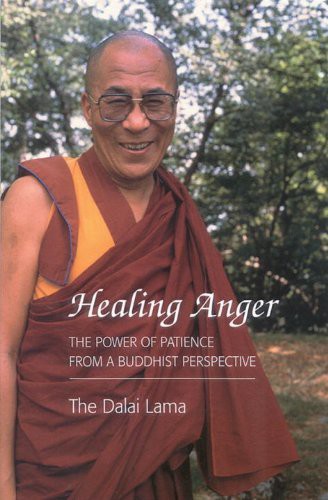
Healing Anger: The Power of Patience From a Buddhist Perspective PDF
Preview Healing Anger: The Power of Patience From a Buddhist Perspective
All the world's major religions emphasize the importance of the practice of love, compassion, and tolerance. This is particularly true in the Buddhist traditions, which unanimously state that compassion and love are the foundation of all paths of practice. To cultivate the potential for compassion and love inherent within us, it is crucial to counteract their opposing forces of anger and hatred.
In this book, the Dalai Lama shows how through the practice of patience and tolerance we can overcome the obstacles of anger and hatred. He bases his discussion on A Guide to the Bodhisattva Way of Life, the classic work on the activities of Bodhisattvas—those who aspire to attain full enlightenment in order to benefit all beings.
From Library JournalWinner of the 1989 Nobel Peace Prize, the Dalai Lama discusses the subject of patience, drawing on a chapter from an important Buddhist classic, Shantideva's "Guide to the Bodhisattva's Way of Life." He helps readers examine how anger arises to destroy much that is positive and good, proposing that gentleness is fundamental to human nature. Through active self-discipline, and not meekness as is commonly misunderstood, we can transform anger through compassion and to be reconciled with ourselves and others. Recommended for public libraries.
Copyright 1997 Reed Business Information, Inc.
"The writings of His Holiness the Dalai Lama have done more to familiarize the general public with Shantideva than any other teachings. I am indebted to his commentaries, and especially to his book Healing Anger."—Pema Chödrön, author of When Things Fall Apart
"The Dalai Lama teaches with clear and forceful language."—Publishers Weekly
"The techniques and methods presented here are relevant not only for Buddhist practitioners, but for all who seek to improve themselves. Through these teachings and by his own example, the Dalai Lama shows the power that patience and tolerance have to heal anger and to generate peace in the world."—Indian International Journal of Buddhist Studies "Healing Anger shows that Shantideva's teaching many centuries ago can still speak to this generation and be a source of strength to change our society."—Asian Thought & Society
